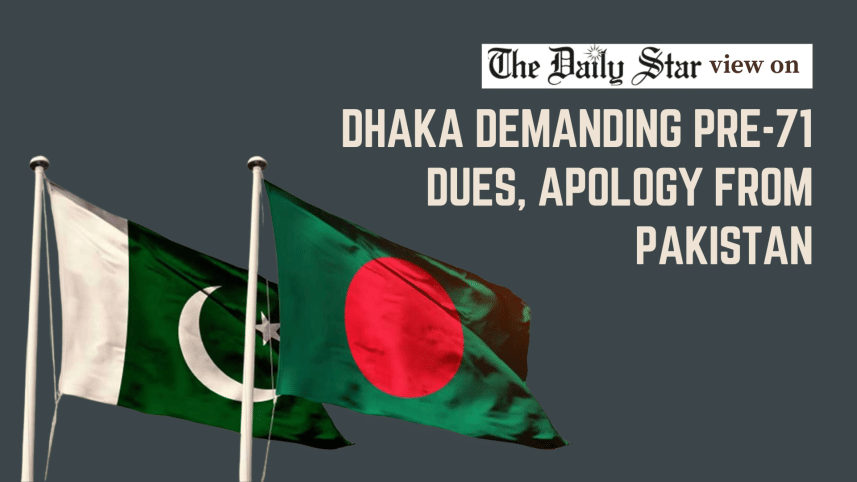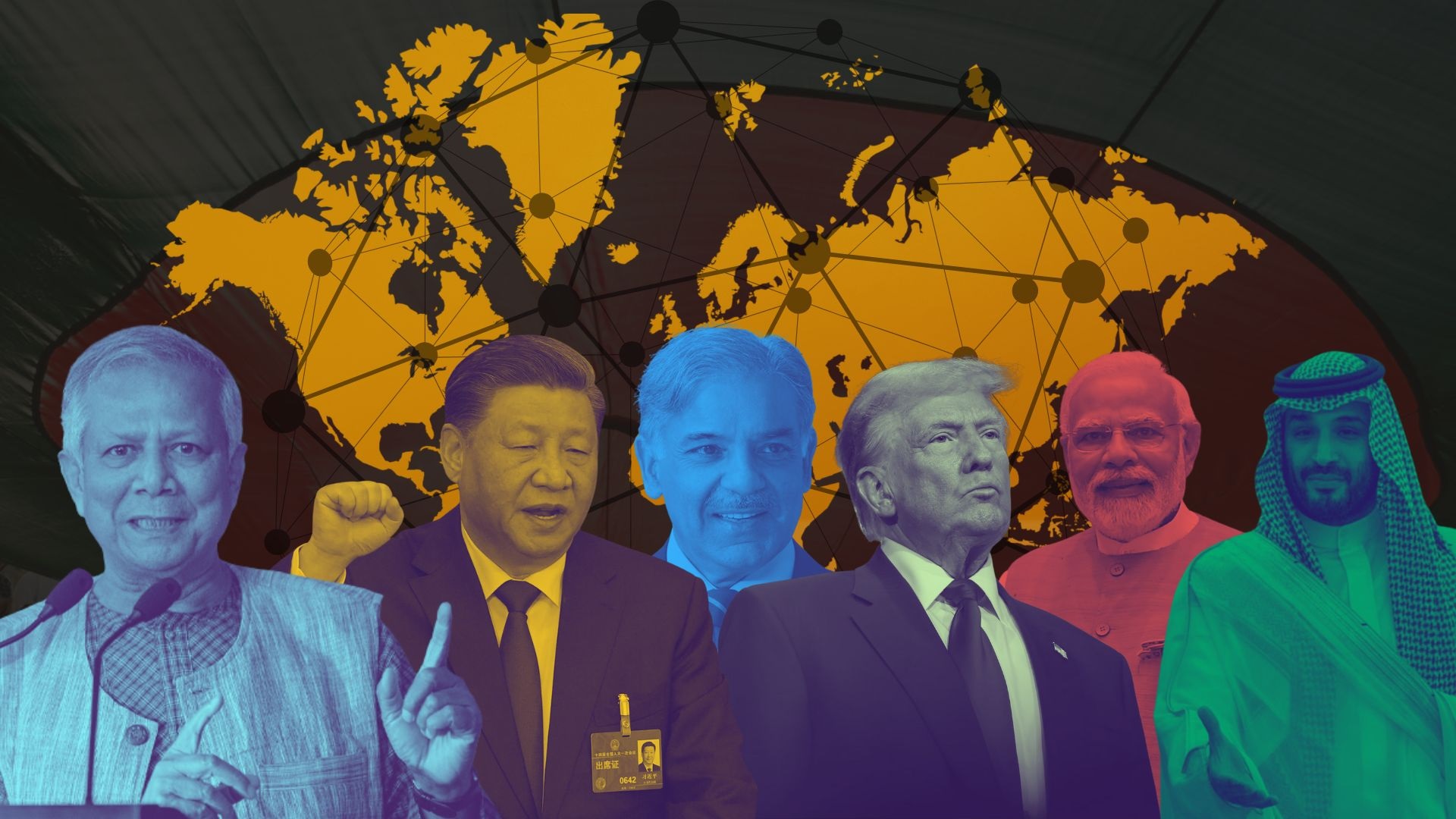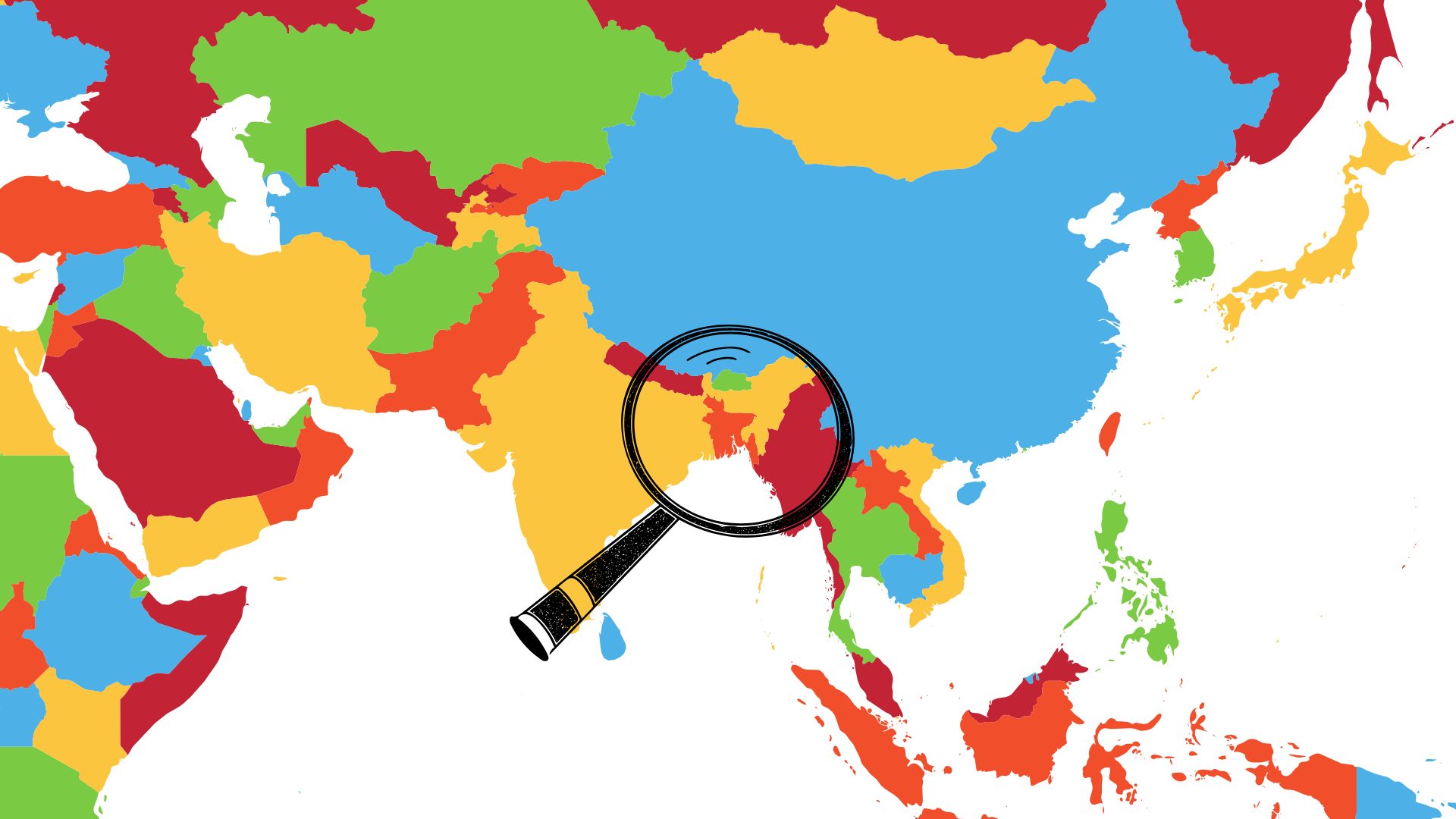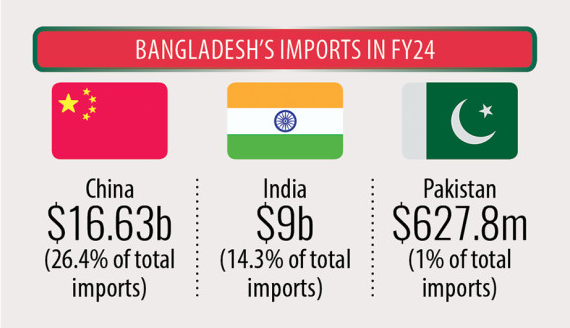Thaw in Bangladesh-Pakistan ties a welcome development

It is encouraging to see constructive discussions at the first foreign-secretary-level talks held between Bangladesh and Pakistan in 15 years. Given the complex and often strained history between the two countries, the meeting marked a gradual thaw in relations as both sides sought to build on earlier interactions between the two heads of state in September and December. At the meeting, among other topics, Dhaka notably raised two historically unresolved issues: it demanded $4.52 billion as Bangladesh's share of pre-1971 assets and dues as well as a formal apology for the genocide committed during the Liberation War. It also requested the repatriation of stranded Pakistanis from Bangladesh. In response, the Pakistani delegation expressed a willingness to continue discussions.
We must say that while economic imperatives likely, and rightly, drive ongoing efforts, addressing these issues is vital to a solid foundation for bilateral relations. Pakistan's pre-1971 role remains a deep wound for Bangladeshis and a stumbling block to building a truly fruitful partnership. There may be debates about the number of civilians killed by Pakistani forces, but the repressions and brutalities we suffered during our independence struggle are a matter of historical record. For us, asking for a formal apology or reparations is not about seeking revenge; it's about the need for admission of a historic tragedy and fostering genuine reconciliation. That said, we need to be prudent given the complexities involved.
While economic imperatives likely, and rightly, drive ongoing efforts, addressing historic issues is vital to a solid foundation for bilateral relations. Pakistan's pre-1971 role remains a deep wound for Bangladeshis and a stumbling block to building a truly fruitful partnership. There may be debates about the number of civilians killed by Pakistani forces, but the repressions and brutalities we suffered during our independence struggle are a matter of historical record. For us, asking for a formal apology or reparations is not about seeking revenge; it's about the need for admission of a historic tragedy and fostering genuine reconciliation.
For context, apologies issued by Japan for wartime atrocities in South Korea and China were often seen as insufficient as they were deemed vague, lacking legal reparations, or undermined by subsequent statements and actions of politicians. This highlights the difficulty of securing apologies that are both meaningful and enduring. Nevertheless, sustained diplomatic pressure has, at times, prompted renewed gestures of atonement from Japan. We must learn from such examples and engage with Pakistan accordingly. On Pakistan's side, a formal apology would also help its own collective reckoning as much as it would mend ties with us. The economic aspect of Bangladesh's demands could prove to be more challenging, however. As of April 4, Pakistan's foreign exchange reserves stood at $15.75 billion. Meeting the demand for $4.52 billion would mean parting with more than a quarter of those reserves—an unfeasible prospect at the moment. We, therefore, need to approach the issue with patience and strategic foresight.
It's important to remember that both sides have much to gain from an improved relationship, not just economically but also in other areas of shared interest. Bangladesh's exports to Pakistan stood at $61.98 million in FY2024, while imports from Pakistan were $627.8 million—a gap that greater cooperation can help address. However, these imports are still considerably lower than those from China and India. Enhanced trade ties with Pakistan could diversify our sourcing markets and offer competitive advantages. Already, direct shipping has begun between Bangladesh and Pakistan, while trade and visa procedures are getting easier, with direct flights on the cards.
Of course, sensitivities rooted in something as crucial as 1971 will not vanish overnight. But a future-oriented approach—combining constructive dialogue, historical reckoning, and acknowledgement of mutual benefits—can go a long way. The first steps in that direction have already been taken. We hope that the scheduled visit of Pakistan's Deputy Prime Minister and Foreign Minister Ishaq Dar later in the month would further normalise Bangladesh-Pakistan relations.



 For all latest news, follow The Daily Star's Google News channel.
For all latest news, follow The Daily Star's Google News channel. 


Comments